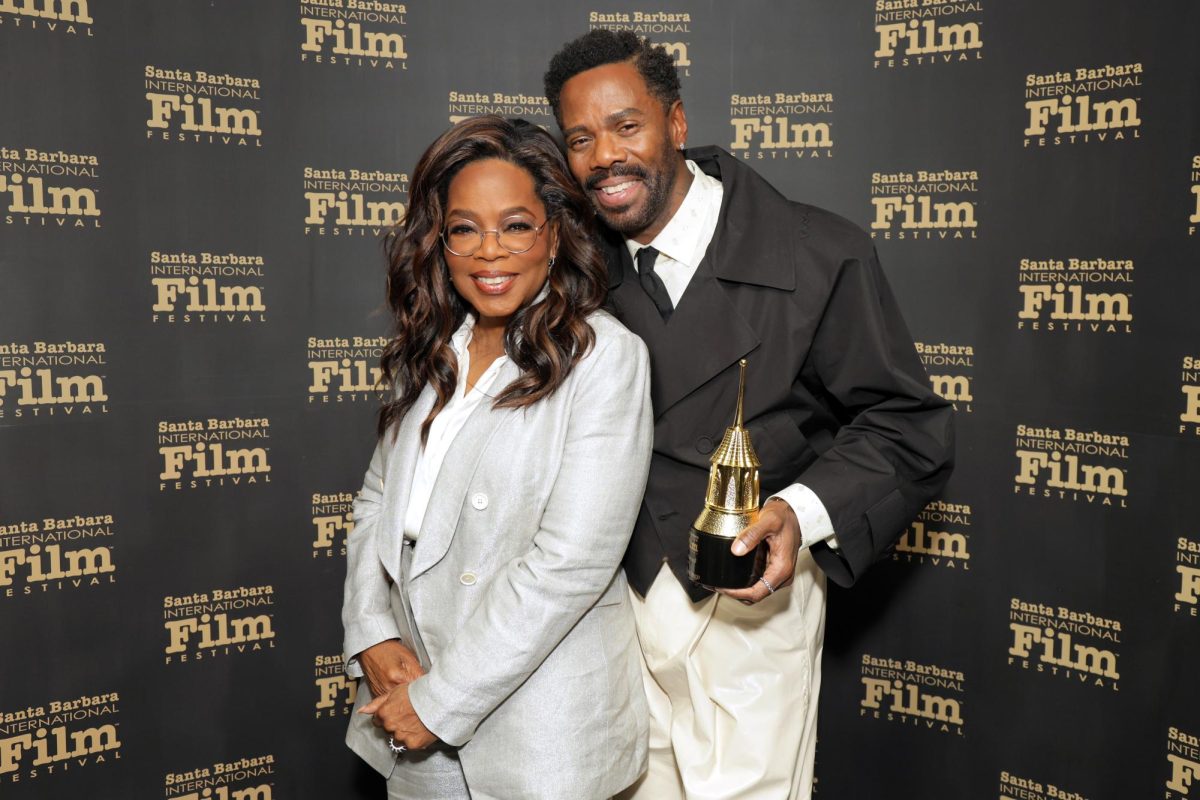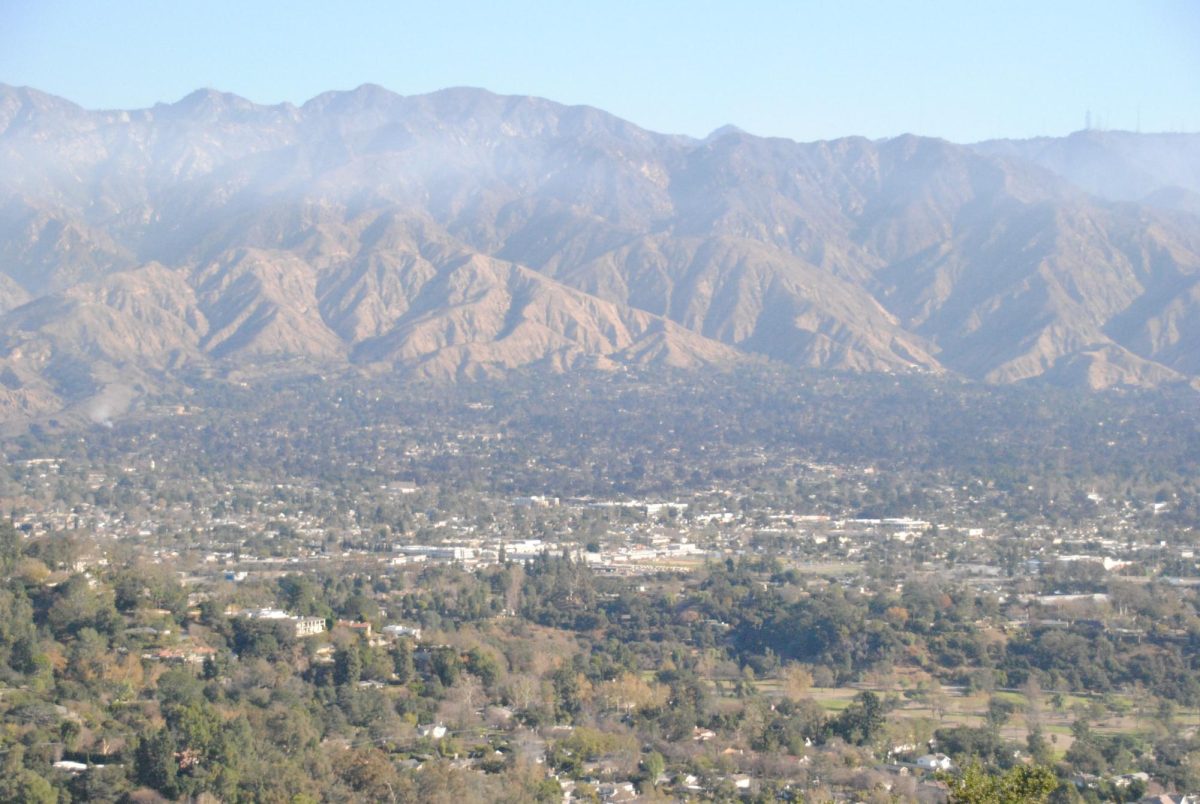Westmont College faces the perpetual challenge of adapting to a changing world. We may be tucked away in the foothills of Montecito, but we cannot hide from certain realities. When we turn on our faucets, we participate in the California water crisis. When we buy a Double-Double from the In-N-Out in Goleta, we contribute to the enhanced greenhouse effect. There is a web of environmental interconnectedness that demands institutional reform. Many students recognize this and are using Westmont’s existing programs such as the environmental studies minor to educate themselves on how best to care for our Earth.
Gradually, though, students and faculty alike are coming to realize that environmental studies must be emphasized more heavily than before. As a result, there is a growing demand for the creation of an environmental studies major, which will equip students for careers that directly benefit the environmental effort.
We talked to Dr. Amanda Sparkman, a professor of biology and an environmental studies minor co-advisor, who provided fantastic insights into the demand and benefits of the not yet available environmental studies major. Read the full interview below.
How and why did the environmental studies minor come into being?
“It was inspired by a Conversation on the Liberal Arts hosted by the Gaede Institute, entitled ‘Liberal Arts for a Fragile Planet’ held in 2017. After one of the sessions, a few of us started talking, and felt like the time was ripe! So we formed a task force that had dedicated representatives from a variety of disciplines—myself (Biology), Lisa DeBoer (Art), Steve Contakes (Chemistry), Caryn Reeder (Religious Studies), Edd Noell (Economics & Business) and Marianne Robins (History). You can’t get much more interdisciplinary than that. We surveyed over 200 students, and found tremendous interest in having a minor, as well as more engagement with environmental studies across the curriculum in general. Numerous faculty were eager to be involved and the Provost was very supportive. So we proposed the minor (which involved the new ENV 001 Introduction to Environmental Studies course, as well as some new and some refurbished course offerings) and it was approved with great enthusiasm!”
What are the main reasons why an official environmental studies major would be advantageous to Westmont and its student population?
“In my mind, one of the most pressing reasons why we should be working towards a major right now is that students seem to want it! We’ve had wonderful interest in the minor. We had four alternative majors graduate last year, we have two more already approved and a few more in the works. I think it’s also important because environmental challenges are so ubiquitous, and so pressing—what the UN calls the ‘triple threat’: pollution, climate change and biodiversity loss. We need to send students out into the world not only prepared to understand and cope with these challenges, but also to be people who skillfully, creatively and faithfully work towards solutions! It’s also true that most other colleges do have environmental science or environmental studies majors, so I think it’s time for Westmont to join in. Finally, I think it is such a natural outflowing of our Christian identity, as we are called to care for the world that God made, and that God loves….”
What are some roadblocks to creating this major? What would this process look like?
“One of the tricky things is that we are a small college, with a small faculty. So it’s not always easy to offer the wide range of courses that an environmental studies major should typically have. While we have excellent new courses such as Environmental Sociology, Environmental Politics, Land into Landscape and Chemistry, Culture and the Environment, other courses such as Environmental/Natural Resource Economics, for instance, or Introduction to GIS, are still absent from our curriculum. We need faculty with both time and expertise to invest in the major. Which has some financial ramifications. However, last Spring, [the] Academic Senate did approve a resolution to start exploring an environmental studies major. And I do think, if there’s a will, we could make this happen!”
How can people advocate for the creation of the environmental studies major?
“Take environmental studies courses! Declare a minor! So far, these are the things that have most demonstrated to me how ready the student body is for this! Come and talk to me, or other staff and faculty, and share your dreams for what you’d like to see happen at Westmont! Join the Students for Sustainability and Garden Clubs, and dream together!”
There it is, folks. Our college has a duty to advocate for the environment, and this must be done in our Liberal Arts context. Our interdisciplinary learning forms a deeper understanding of the environmental crisis. And as Dr. Sparkman has suggested, the creation of the environmental studies major needs student participation. “Our voices can be powerful,” says Students For Sustainability leader and environmental studies major Grace Gantt. Let’s fill up those courses and clubs!





